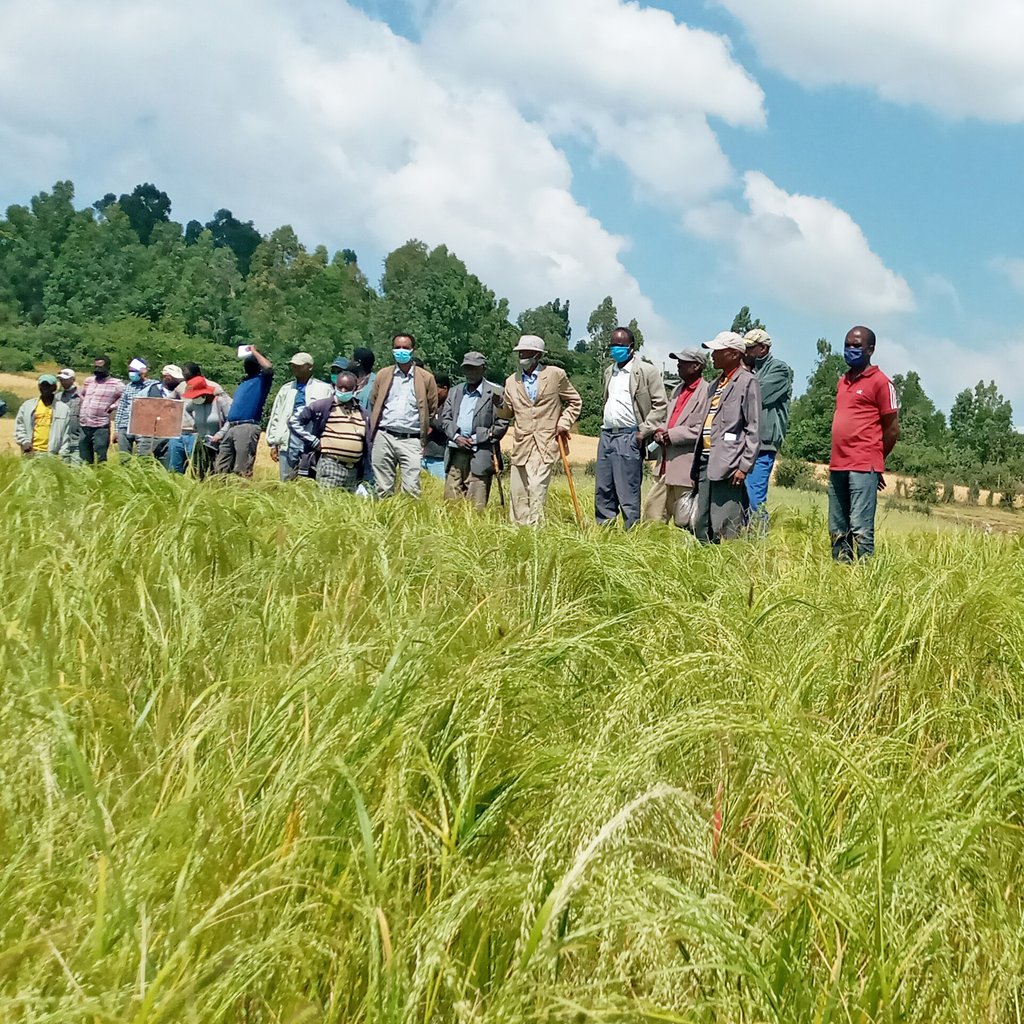This paper aims to support diferentiation between sustainable and unsustainable agricultural production, with a view to
enabling a transformative agricultural trade system by incentivizing sustainable agricultural production. We argue that
transformative governance of corresponding global trade fows will need to provide support to the weaker participants
in production systems, above all small-scale farmers in the global South, in order to support their food security and a path
out of poverty as well as global environmental goals. The present article seeks to provide an overview of internationally
agreed norms that can serve as basis for diferentiation between sustainable and unsustainable agricultural systems. Such
common objectives and benchmarks could then be used in multilateral and binational trade agreements.
